Studies on diseases that affect the human brain are usually based on animal models which cannot reproduce the complexity of human neuropathies.

|
Scooped by
BigField GEG Tech
onto Animal Models - GEG Tech top picks January 13, 2023 8:16 AM
|





 Your new post is loading...
Your new post is loading...





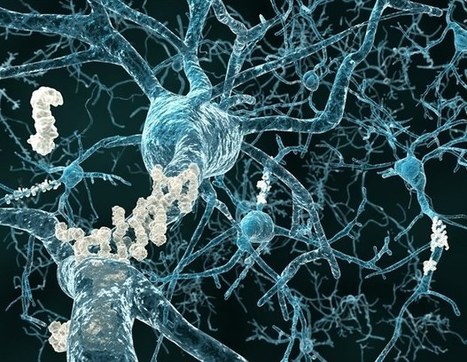

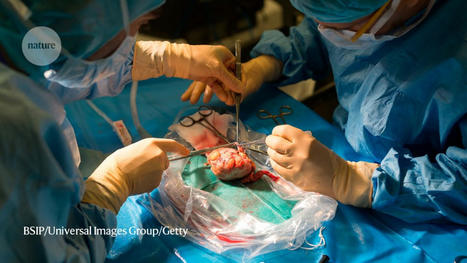
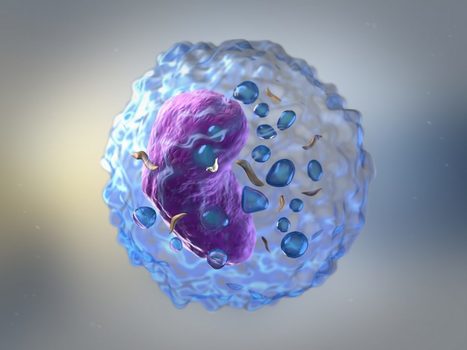











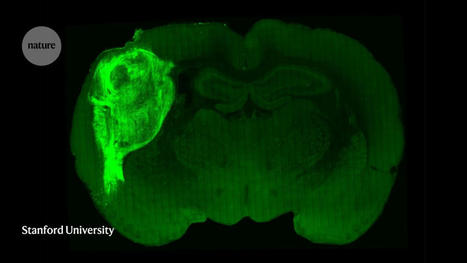

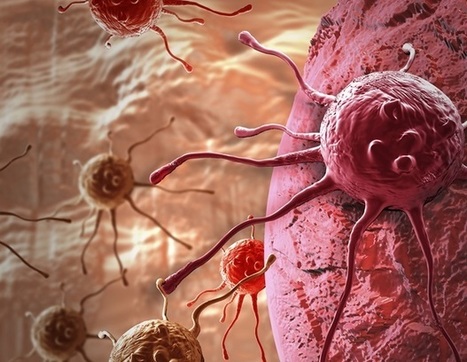







Studies of diseases that affect the human brain are generally based on animal models that cannot replicate the complexity of human neuropathies. Consequently, these methodologies often fail when applied in a clinical setting with patients. In this context, the discoveries of cell reprogramming techniques to generate human neuron cultures from skin cells have revolutionized the study and development of innovative therapies in neuroscience. A study published in the journal Stem Cells Reports reveals that this cell reprogramming methodology allows the creation of neural networks that mimic unique features of human cells with temporal dynamics reminiscent of human brain development. Thus, cellular models based on reprogrammed human cells could stimulate the development of new effective therapies in the fight against neuropathies and, at the same time, reduce the use of experimental animals in the laboratory. In addition, cell reprogramming based on the induction of human pluripotent stem cells would allow the generation of patient-specific models and, using gene editing tools such as the CRISPR/Cas9 technique, it would be possible to obtain control cells in which the mutation responsible for the pathology is corrected.